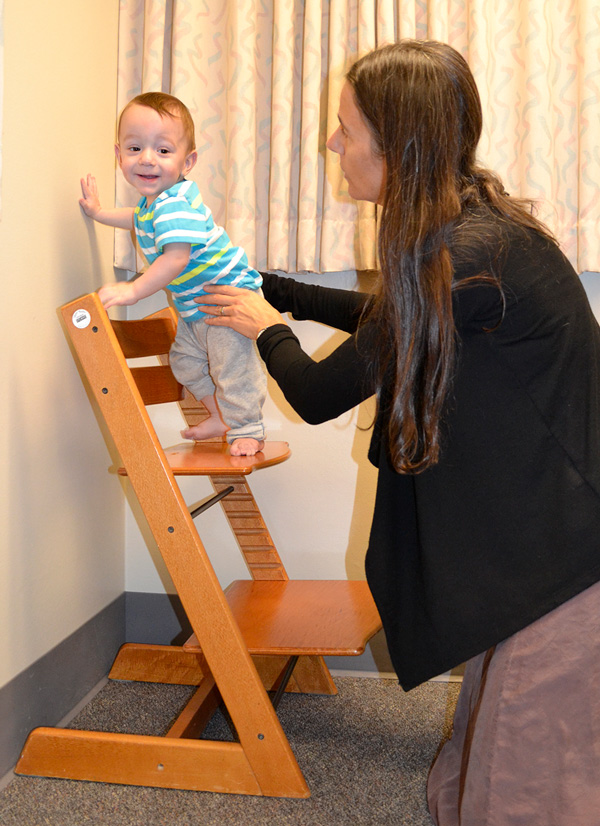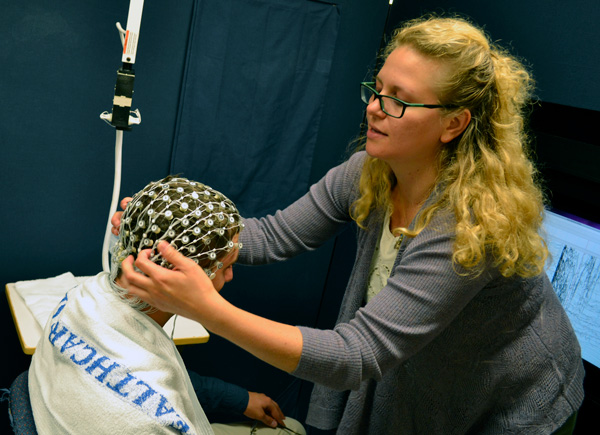
About the IHDD
Based in Seattle, Washington, the Institute on Human Development and Disabilities is a global leader in enhancing the lives of individuals with developmental disabilities through cutting-edge research, education, clinics, community involvement, and advocacy.
Home /
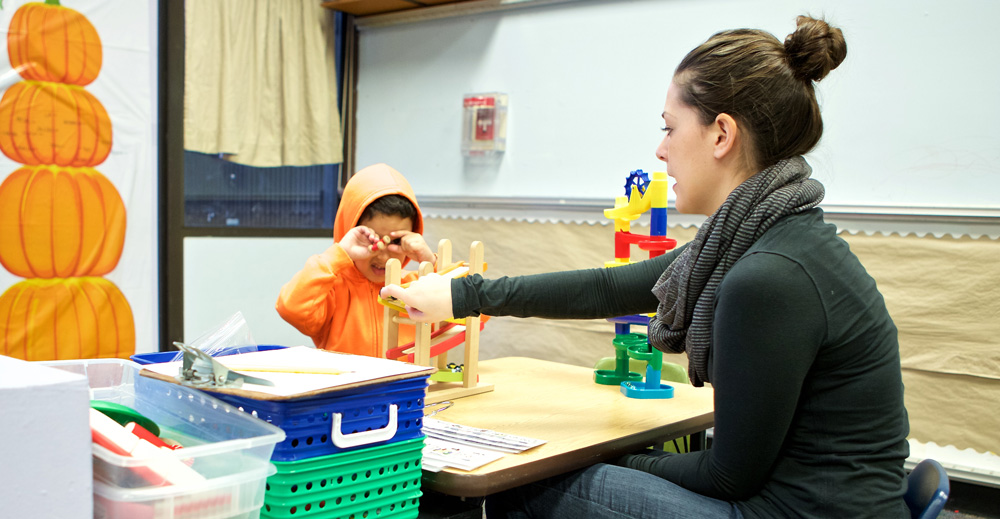
The IHDD Mission: To promote the inclusion, independence, and well-being of individuals with developmental disabilities through research, education, and service.
Our Vision: Inclusive communities where people with intellectual and developmental disabilities can live, learn, work, and thrive.
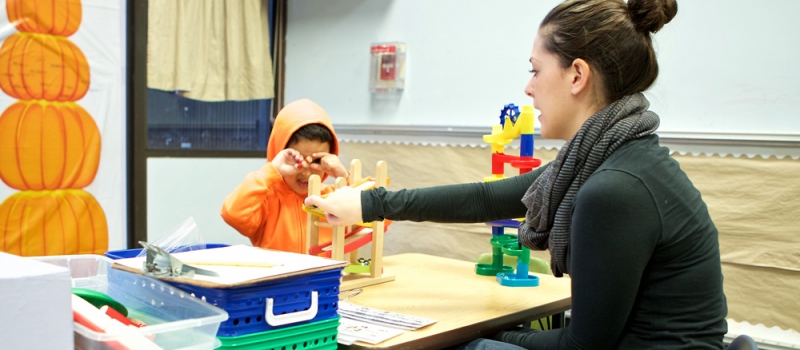
Our Specialty Clinics
The IHDD Specialty Clinics provide comprehensive interdisciplinary evaluation and care for individuals and families living with the impact of neurodevelopmental disabilities. We provide evidence-based assessments, advocacy, and training using family-centered and culturally appropriate principles of care.
- Adult Autism Clinic
- UW Autism Center
- Biochemical Genetics Clinic
- Cardiac Neurodevelopment Clinic
- Child Development Clinic
- Down Syndrome Specialty Clinic
- Adult Autism Clinic
- UW Autism Center
- Biochemical Genetics Clinic
- Cardiac Neurodevelopment Clinic
- Child Development Clinic
- Down Syndrome Specialty Clinic
- Fetal Alcohol Syndrome Diagnostic & Prevention
- Infant Development Follow-up Clinic
- Late and Moderate Preterm Babies (LAMBS)
- Pediatric Audiology Clinic
- Phenylketonuria (PKU) Clinic
- Fetal Alcohol Syndrome Diagnostic & Prevention
- Infant Development Follow-up Clinic
- Late and Moderate Preterm Babies (LAMBS)
- Pediatric Audiology Clinic
- Phenylketonuria (PKU) Clinic
IHDD Center Grants
The Institute on Human Developmental Disabilities (IHDD) has three main components: the Eunice Kennedy Shriver Intellectual and Developmental Disabilities Research Center (IDDRC), the University Center for Excellence in Developmental Disabilities (UCEDD), and The Leadership Education in Neurodevelopmental and Related Disabilities (LEND) center (which is a program within the UCEDD).
Intellectual and Developmental Disabilities Research Center (IDDRC)
The focus of the IDDRC is to discover ways to prevent and treat developmental disabilities and support childhood development. The IDDRC is one of 15 centers funded by the NIH and focuses on supporting scientific research that will help children and adults with disabilities live, learn, work, and enjoy their lives.
University Center for Excellence in Developmental Disabilities (UCEDD)
The UCEDD is one of 68 programs in the US and is focused on community service (including many clinics), advocacy, interdisciplinary training, and information dissemination.
Leadership Education in Neurodevelopmental and Related Disabilities (LEND)
The LEND program is one of 52 programs and is an interdisciplinary training program which prepares health professionals for leadership roles in providing health care for individuals with neurodevelopmental disabilities and their families, and this is a part of the UCEDD.
Read more about the history of the IHDD.
Our Stories
Join us as we explore stories that exemplify the profound impact of UW IHDD’s work and the lives touched by its dedication to enhancing the well-being and opportunities for individuals with disabilities.



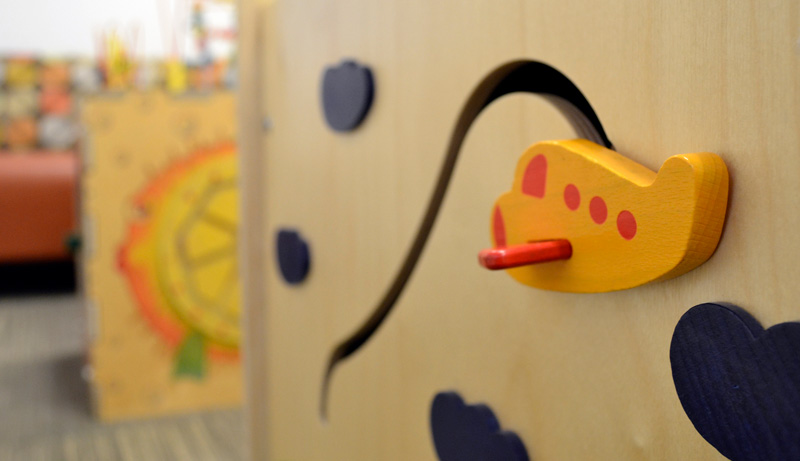
Preparing for Your Visit
Clinical services at the IHDD serve individuals with or at risk for developmental, learning, and behavioral problems and their families. Clinics also serve adults with a variety of neurodegenerative disorders and related disabilities.
- Map and Directions
- How to Prepare for Your Appointment
- Support Services
- Billing and Insurance


